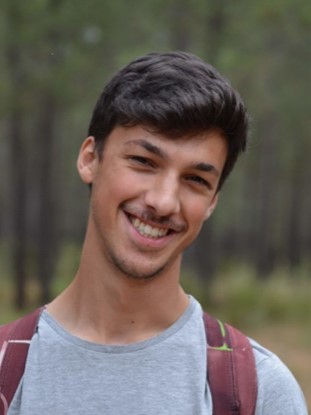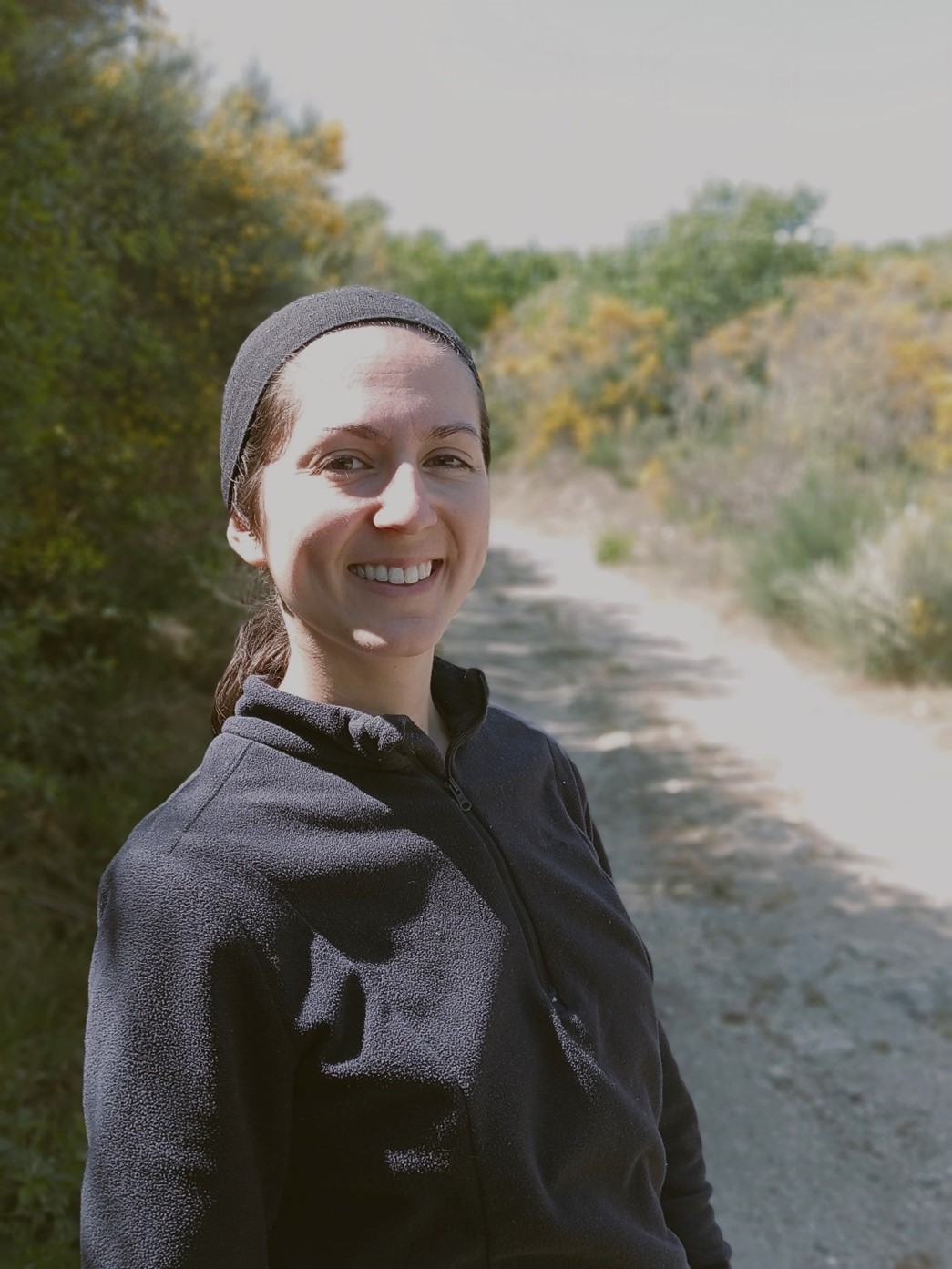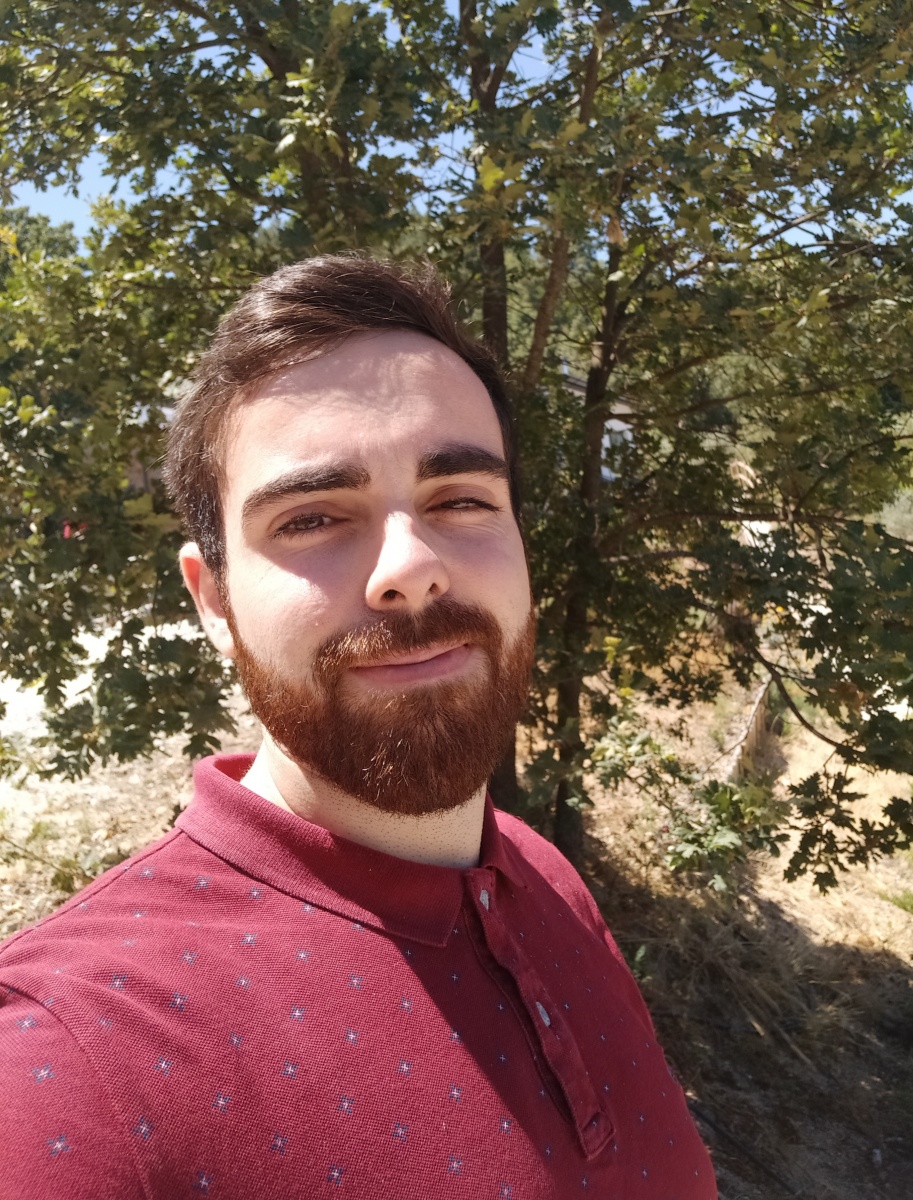

Miguel Rosalino is a wildlife biologist with wide experience and expertise in mammal ecology, behavior, and conservation, with a particular emphasis on mammalian carnivores. He is also interested in understanding the ecological strategies involved in carnivore adaptation to changing environments. Currently, he is an Assistant Professor at the Faculty of Sciences of the University of Lisbon (FCUL).

Margarida Santos-Reis is a wildlife biologist and conservacionist. Her research focuses on conservation ecology, with an emphasis on mammals (particularly carnivores), landscape genetics, and ecosystem services. Currently she expanded her research interests to themes more inter-disciplinary such as human-wildlife conflict, sustainability of the cork-oak ecosystem, conservation of Mediterranean landscapes, landscape genetics, and ecosystem services. She is a full Professor at the Faculty of Sciences of the University of Lisbon (FCUL).

Ana Leal is a biologist and her main research interests are ecology and conservation, with a special interest in birds. She has been mostly dedicated in understanding how different management practices can have an impact to bird populations in habitats such as oak silvopastoral systems. Currently, she is a Researcher at the Faculty of Sciences of the University of Lisbon (FCUL).

Sergio Chozas is a plant community ecologist with particular interest in Mediterranean semiarid environments. He is also interested in the conservation of Small Natural Features for increasing biodiversity and promoting ecosystem services in seminatural habitats and agrosystems, as well as in the potential of using citizen science to engage the public in biodiversity conservation.
Currently, he is a Postdoctoral Researcher at the Faculty of Sciences of the University of Lisbon (FCUL).

Vasco is a conservation biologist with a passion for carnivore ecology and species distribution models and wants to understand how these species behave in an increasingly changing world. Previously, he has worked with the invasive raccoon and its distribution in the Iberian Peninsula. He is currently working on the ForCe project as a Research Technician.

Joana Pereira is a biologist from the field of Conservation biology, interested in understanding how to conserve the social, cultural, and ecological values of social-ecological systems. Her Ph.D. is about the relationship between human-wildlife interactions and livelihood vulnerability in the context of conservation in Mozambique. She is a PhD candidate at the Faculty of Sciences of the University of Lisbon (FCUL).

Sofia Lino is a biologist with a strong interest in terrestrial mammal ecology and conservation within socio-ecological systems and the context of global change. Her Ph.D. research focused on wolves as a model species to explore the main conservation threats, including human attitudes, diet, and socio-ecological and geographical barriers to connectivity. She is currently an Initial Level PhD Researcher at the Faculty of Sciences of the University of Lisbon, within the ForCe project.


Rita T. Torres, biologist and researcher at the University of Aveiro, uses space ecology to understand how species respond to global changes and their dynamics at ecosystem level. She is particularly interested in the biology of reintroductions and how they can be used as tools for restoring ecosystem functions and processes. In recent years, she has been trying to understand the role of wild ungulates as role models for unraveling the main challenges of infectious diseases.

João Carvalho is an ecologist interested in the dynamics of Mediterranean ecosystems. He is also interested on how large herbivores impact environmental properties and other wildlife communities. Currently, he is a Junior Researcher at the University of Aveiro and the coordinator of Lucanus – Revista de Ambiente e Sociedade, aimed at disseminating science and good environmental practices.

With a PhD in Conservation Biology and a Post-doc in Science Communication, is currently researcher and science disseminator at the Center for Environmental and Marine Studies (CESAM) at the University of Aveiro. Is author of Books and Books Chapters (13), online resources – videos (230) and author of broadcaster documentaries (10). Is been awarded in several (national and International) film festivals (12).


Renato Hilário is a biologist who is especially interested in wildlife conservation in anthropogenic landscapes, studying, among other themes, how productive activities can be managed to have higher conservation value. He has experience with mammal ecology and conservation and is a Professor at the Federal University of Amapá, in the Brazilian Amazon, since 2014.


Cláudia Silva is a biologist who studies the genetic and morphological diversity in terrestrial Amazonian mammals. She works in the curatory of the mammal collection in Amapá State Institute of Scientific and Technological Research and in biological inventories with special interest in the pattern of occurrence of species in natural and man-made environments.

Maria J. Santos is an Earth system Scientist focusing on understanding feedbacks between ecological and social processes and whether this bidirectional relationship can be mediated by biodiversity and enhance the provision of ecosystem services. To answer these questions, she uses a wide variety of methods, combining in situ observations and remote sensing, social questionnaires and surveys, as well as historical accounts and model outputs to gain scalable understanding of social-ecological systems with a particular focus on tropical and mediterranean systems. Currently, she is an Associate Professor at the Remote Sensing Laboratories, Department of Geography, University of Zurich in Switzerland.

Gonçalo has a strong interest in wildlife conservation in ecosystems modified by human action, with a focus on animal movement in human-managed forests. His Ph.D. aims to determine the effect of FSC certification on the ecology and conservation of the medium and large mammal community in Eucalyptus exotic plantations. He is a Ph.D. candidate at the Faculty of Sciences of the University of Lisbon (FCUL) under the supervision of Prof. Luís Miguel Rosalino (ForCe PI) and Dr. Francesca Cagnacci (Fondazione Edmund Mach, Italy).

Beatriz is a conservation biologist whose work is dedicated to the ecology and conservation of small carnivores and their interspecific relationships in contexts of landscape change. She is a Ph.D. student at Aveiro University, under the supervision of Dr. João Carvalho (UVS-CESAM Aveiro), Prof. Dr. Luís Miguel Rosalino (ForCe PI) and Dr. Jella Wauters (IZW Berlin). Her Ph.D is focused on the effects of wild ungulates on the ecology and physiology of the mesocarnivore community.

Guilherme Ares Pereira is a PhD. student at the Faculty of Sciences of the University of Lisbon (Doctoral Program in Biodiversity, Genetics and Evolution). His PhD project is entitled ” Combined effects of plantation forestry and ungulates ecology on soil ecosystems”. It is being developed under the supervision of Prof. Luís Miguel Rosalino (cE3c/FCUL) and Dr. Rita Torres (CESAM/University of Aveiro).

Carlos Luz is a PhD. student at the Federal University of Amapá (UNIFAP), in the Brazilian Amazon. His PhD aims to evaluate the capacity of eucalyptus plantations to maintain biodiversity, analyzing how these plantations influence the patterns of mammal diversity, and the importance of these plantations for mesocarnivores. The ultimate objective is to promote greater environmental sustainability of this economic activity. His PhD is being developed under the supervision of Prof. Renato Richard Hilário (UNIFAP).

Margarida Esteves is a MSc. student at the Faculty of Sciences of the University of Lisbon (Master’s Program in Conservation Biology). Her MSc dissertation is entitled” “Effect of the presence of ungulates in the structure of small mammal’s communities” and aims to assess the effect of ungulates on small mammals abundance and body condition. It is being developed under the supervision of Dr. Luís Miguel Rosalino (cE3c/FCUL).

Beatriz Monteiro is a MSc. student at the Faculty of Sciences of the University of Lisbon (Master’s Program in Conservation Biology). Her MSc dissertation is entitled” The Role of Forest Certification on the Conservation of Bird Communities” and aims to determine the impact of the structure and management (FSC Certification and no certification) of eucalyptus plantations on bird communities’ composition and structure. It is being developed under the supervision of Dra. Ana Isabel Leal (cE3c/FCUL) and Dr. Luís Miguel Rosalino (cE3c/FCUL).

Maxime is a Master’s student in Conservation Biology. He is particularly interested in biodiversity conservation issues and has a botanical-oriented academic dossier. After completing his BA in Biology at Universidad Complutense de Madrid (UCM), he is currently an Erasmus student at the Universidade de Lisboa (FCUL).
Under the supervision of Professor Sergio Chozas Vinuesa, his dissertation focuses on understanding the effect of the FSC on preserving plant diversity in Eucalyptus plantations in Portugal.
Project ForCe is funded by national funds through FCT – Fundação para a Ciência e a Tecnologia, I.P. (https://doi.org/10.54499/2022.03253.PTDC)

